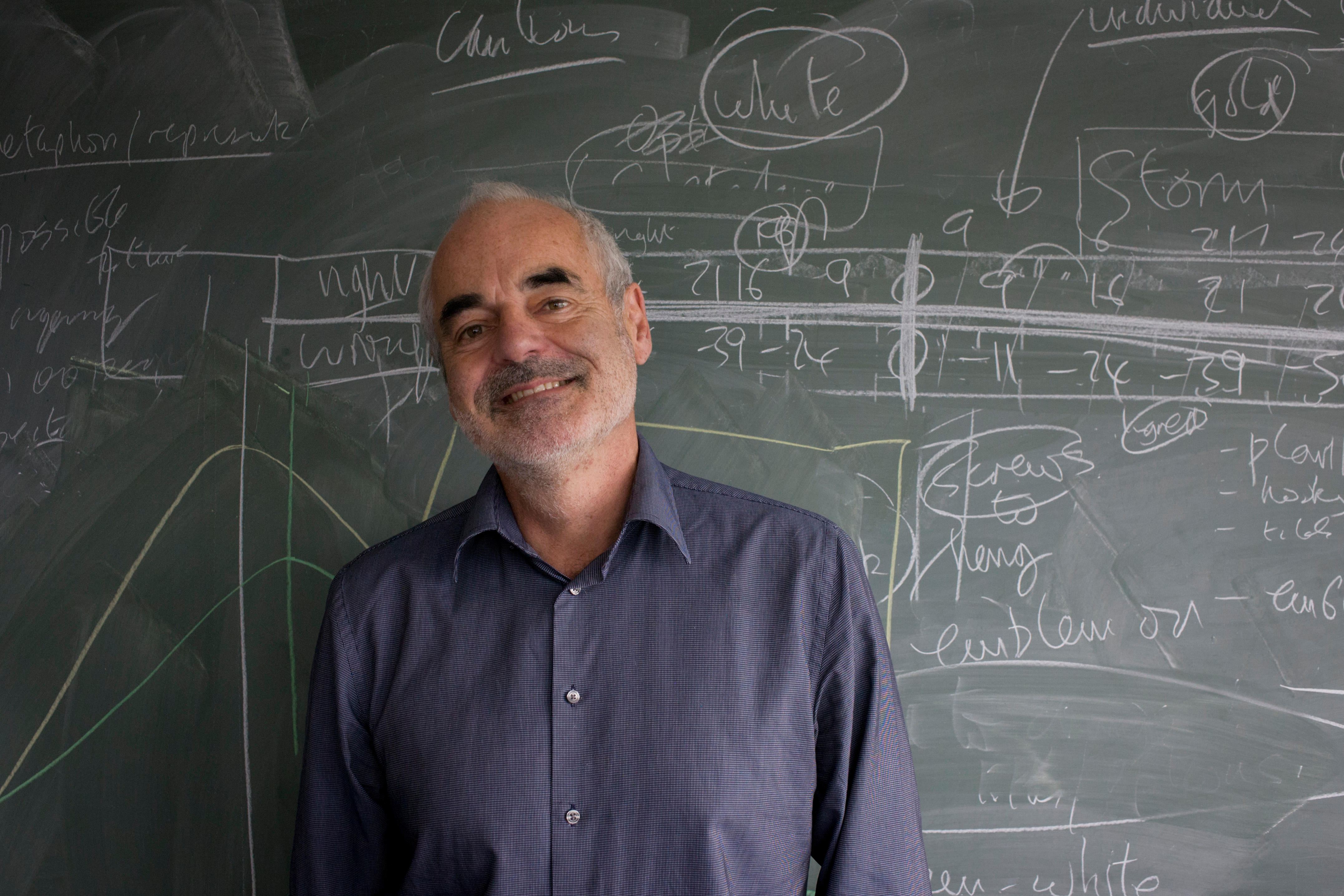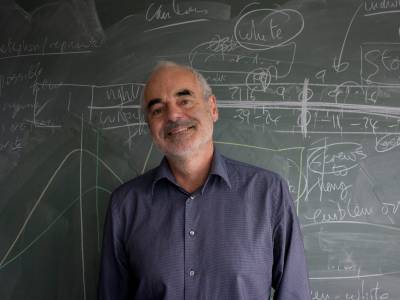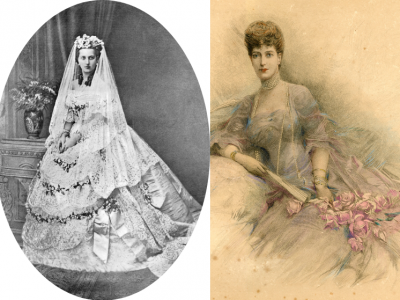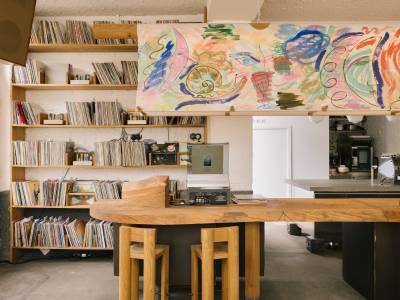St Martin-in-the Fields, serene, baroque, enlightened, created as a place to assemble and listen makes the ideal location for The Conversation – a series of weekly events for the discussion of ideas. The format is an interview followed by questions from the audience, fulfilling the stated theme: “coming together to talk about the world.” Interviewees in the series have included Robert Macfarlane, Hanif Kureishi, Bettany Hughes and Tom Holland.
The Conversation with Statistician, Sir David Spiegelhalter
15th May 2025
In this captivating edition of The Conversation at St Martin-in-the-Fields, statistician Sir David Spiegelhalter delved into the tangled web of risk, reason, and the fine art of navigating uncertainty. Shuffle the deck and roll the dice—it's time to read between the numbers.

At the final session on 6 May, Sir David Spiegelhalter took the stage, interviewed by Peter Florence. Until 2023 Spiegelhalter, a professor of statistics, was Chair of the Winton Centre for Risk and Evidence Communication at the University of Cambridge. How to assess and communicate risk is his speciality. Perhaps his most conspicuous contribution to public life has been in discussing the statistics of Covid. But his interests and impact range far wider. Following the success of The Art of Statistics: Learning from Data published in 2019, his latest book is The Art of Uncertainty: How to Navigate Chance, Ignorance, Risk and Luck.
What is the chance this will be informative and entertaining? Wondered your reviewer as she made her way down the Charing Cross Road to the event. High! was the obvious answer. And so it turned out, but early in the session Spiegelhalter demonstrated that things do not always turn out as probability suggests. The so-called “birthday paradox” calculates that there is more than 50% chance that 2 people in any random group of 23 will share a birthday. If you take a group of 40 people, the chance plainly increases. If you reviewer heard rightly, it’s 89%. Nonetheless, taking the 40 people sitting at the front of the audience, Spiegelhalter drew a blank – no shared birthdays!

But what better way than that to demonstrate uncertainty even where the probability is high? And how important it is that we should do so. Covid may have been the occasion when statistics and probabilities most forcefully invaded our minds, but assessing and expressing chances make an enormous difference in other instances too. Serious miscarriages of justice have occurred where the statistical evidence has been over-simplified and conclusions reached with unjustified confidence. Words matter. Spiegelhalter spoke of how President Kennedy was advised about the proposed invasion of Cuba that became known as the Bay of Pigs. The US intelligence services judged the prospects of success was 30%. That was translated into the words “a fair chance of success”. The outcome was failure.
Even so, there may not be a right answer. Spiegelhalter praised President Obama’s approach – multiple teams independently assessed the prospects that the final operation against Osama Bin Laden would succeed. The teams all came back with different assessments. Would it have been better to boil all the assessments down to one? No, the uncertainty was better captured by the range of different views. Overall, the decision was for President Obama.

Politicians should accept uncertainty when communicating with the public. Information always falls short – what is not known matters as much as what is. Available information changes – advice will therefore change. Better to explain that at the outset. Doing so increases trust.
How should we, bombarded as we are by information, navigate uncertainty? Step back from the numbers, advised Speigelhalter. Challenge your source. Who provided the information? Why? What’s their angle? Are they trustworthy?
This session brought this series of The Conversation to an end on a high point. Your reviewer’s forecast that Speigelhalter would inform and entertain was amply borne out. On this evidence, going to the next series will be well worth it too.
Keep updated on future series' of The Conversation and more events via stmartin-in-the-fields.org






